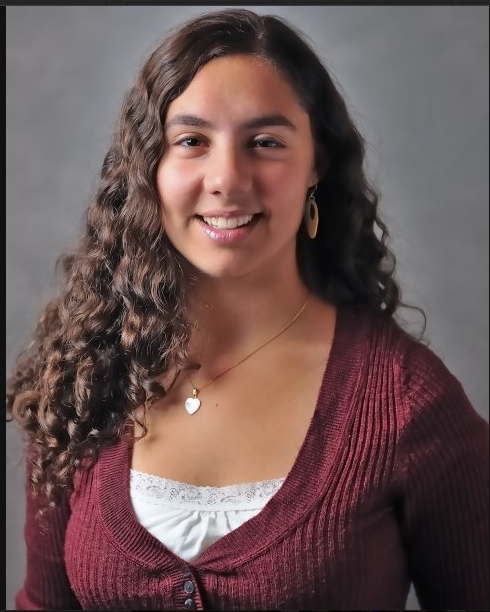Celebration of Scholars
The Choices Behind School Choice: The Expansion of Wisconsin's Voucher Program
 Name:
Stephanie Zimmerman
Name:
Stephanie Zimmerman
Major: Broad Field Social Science
Hometown: Grayslake, IL
Faculty Sponsor:
Other Sponsors:
Type of research: SURE
Funding: SURE
 Name:
Karin Sconzert
Name:
Karin Sconzert
Department: Education
Type of research: SURE
Funding: SURE
Abstract
The Milwaukee Parental School Choice Program, which allows families to apply for public money in the form of vouchers to be spent at private and religious schools, has been operating in Milwaukee, Wisconsin for over twenty years. Wisconsin extended the Parental School Choice Program to the city of Racine in the fall of 2011. This project will explain how Racine was chosen for this program, and also how private schools in the area have responded to the opportunities of school choice. The study shows how increased demand in the form of vouchers is not always matched by the supply of schools willing to accept voucher students.
Submit date: Feb. 21, 2013, 10:24 a.m.
